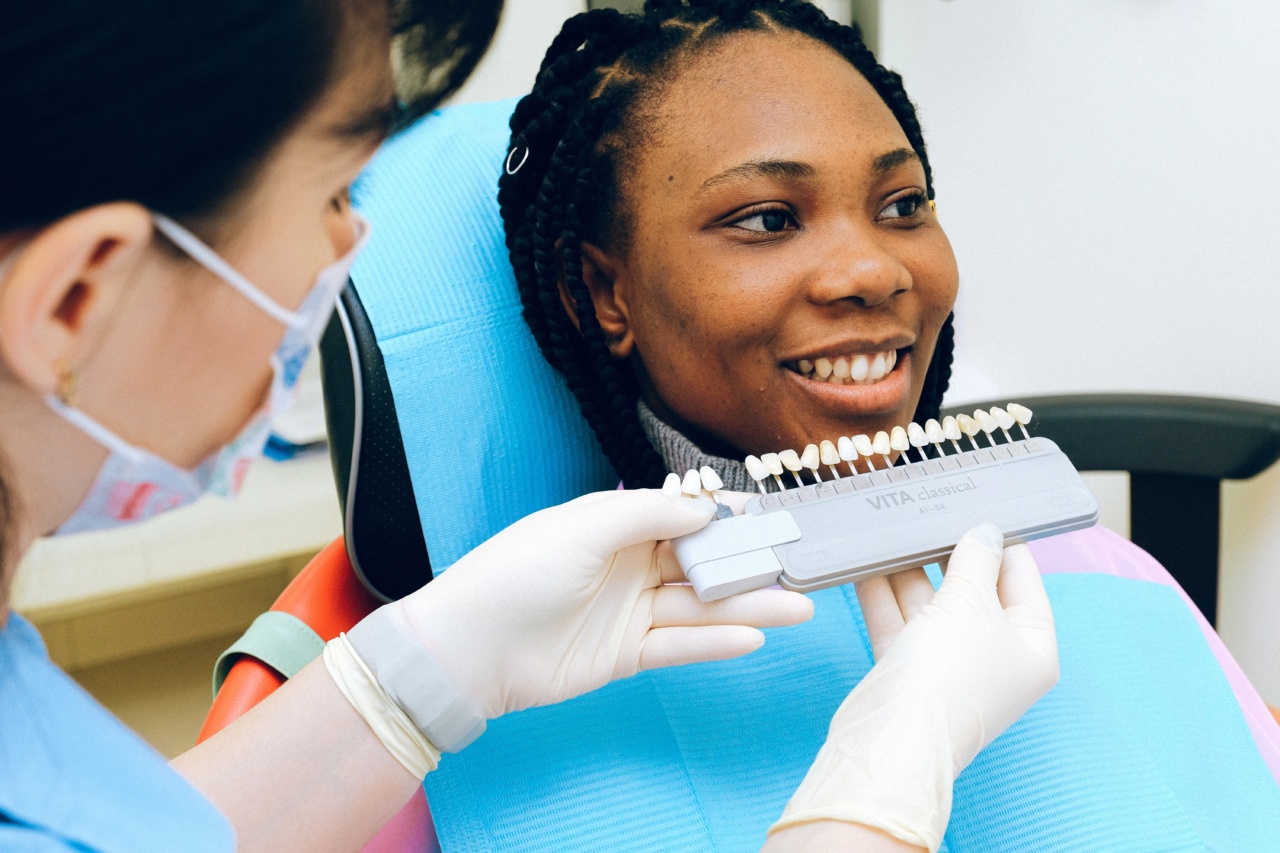As you age, your body’s hormone production starts to decline. This can lead to a variety of health problems, including fatigue, weight gain, hot flashes and mood swings. Hormone therapy is a treatment option that can help alleviate these symptoms.
But with so many different types of hormone therapy available, it can be difficult to know which one is right for you. In this article, we will explain the different types of hormone therapy and help you choose the right one for your individual needs.
What is Hormone Therapy?
Hormone therapy is a type of medical treatment that involves taking medications to supplement or replace the hormones that your body is no longer producing.
The hormones that are typically used in hormone therapy include estrogen, progesterone, and testosterone. Depending on the type of hormone therapy that you are prescribed, these hormones can be taken orally, topically, or through injections.
The Different Types of Hormone Therapy
There are two main types of hormone therapy: estrogen therapy and combination hormone therapy.
Estrogen Therapy
Estrogen therapy involves taking a medication that contains estrogen only. This type of hormone therapy is typically recommended for women who have had a hysterectomy (surgical removal of the uterus).
Estrogen therapy can help alleviate symptoms like hot flashes and vaginal dryness by replacing the estrogen that the body is no longer producing. However, because estrogen therapy only replaces one hormone, it does not address other issues related to declining hormone levels, such as cognitive decline and loss of bone density.
Combination Hormone Therapy
Combination hormone therapy involves taking medications that contain both estrogen and progesterone. This type of hormone therapy is typically recommended for women who have not had a hysterectomy.
The addition of progesterone helps protect the uterus from the potential cancer-causing effects of estrogen. Combination hormone therapy can help alleviate a wider range of symptoms than estrogen therapy alone, including hot flashes, mood swings, insomnia, and cognitive decline.
However, it also increases the risk of certain health problems, including blood clots, stroke, and breast cancer.
How to Choose the Right Type of Hormone Therapy
Choosing the right type of hormone therapy depends on a variety of factors, including your age, medical history, and specific symptoms. Here are some things to consider when choosing the right type of hormone therapy for you:.
Your Age
If you are under the age of 50 and have no family history of breast cancer or blood clots, estrogen therapy may be a good choice for you.
Estrogen therapy is less risky for younger women because they have lower overall risks of health problems associated with hormone therapy. However, if you are over the age of 50, combination therapy may be a better option.
Your Medical History
If you have a family history of breast cancer or blood clots, you may be at a higher risk for these conditions if you take hormone therapy.
In this case, you should discuss your individual risk factors with your doctor and consider alternative treatments.
Your Specific Symptoms
The type of hormone therapy that you choose should depend on your specific symptoms. For example, if you are experiencing hot flashes, vaginal dryness, and mood swings, combination therapy may be the most effective option for you.
However, if you only have one or two symptoms, such as hot flashes or insomnia, estrogen therapy alone may be sufficient.
Your Personal Preferences
Finally, it’s important to consider your personal preferences when choosing the right type of hormone therapy.
For example, if you are uncomfortable with the risks associated with combination therapy, you may prefer to try an alternative treatment, such as herbal supplements or lifestyle changes.
The Bottom Line
Hormone therapy can be an effective treatment option for women experiencing symptoms related to declining hormone levels.
However, it’s important to choose the right type of hormone therapy based on your individual needs, medical history, and personal preferences. By working with your doctor to choose the right type of hormone therapy, you can alleviate your symptoms and improve your overall health and wellbeing.





























